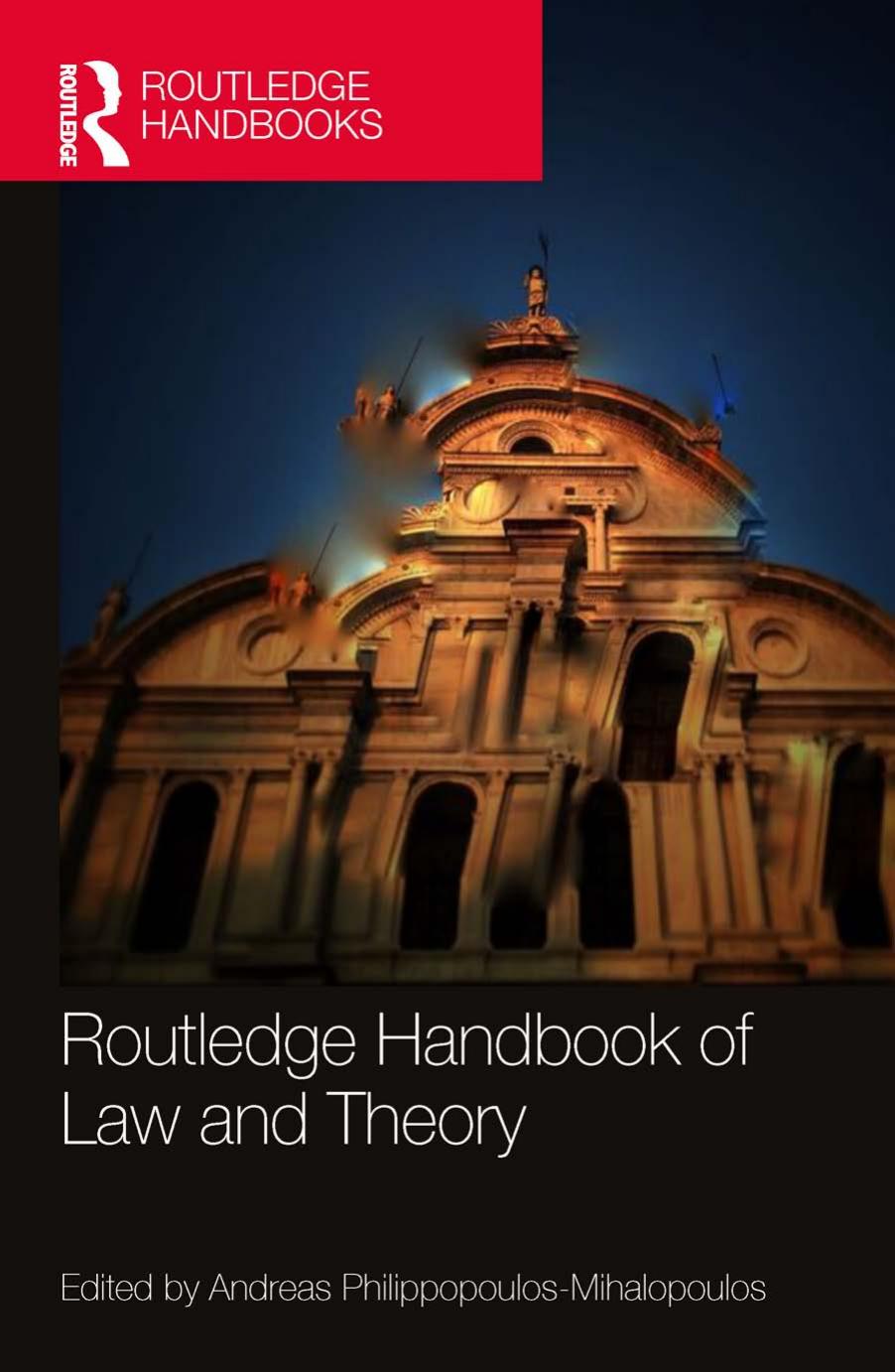Routledge Handbook of Law and Theory by Andreas Philippopoulos-Mihalopoulos

Author:Andreas Philippopoulos-Mihalopoulos
Language: eng
Format: epub, pdf
Publisher: Taylor & Francis (CAM)
Published: 2018-07-11T16:00:00+00:00
Between person and thing
The paradox of the curious regime of interaction between law and the body is the following: the more you try to affect bodies, so that you would make them what you want them to become, the more they will resist and produce counter-affections. For as long as the history of philosophy criticised by Spinoza, the history of legal thought has been in denial towards this curious rule of the physics of affection, as if bodies were only the passive surface of inscription for whatever might pop in the head of the legislator. The Femen women put it openly: you cannot do without bodies – you can definitely try, and act as if “legal subjects” (for what this concept is worth) were only minds on a fleshy vehicle, but, in doing so, you would only reproduce a two- millennia-long prejudice. This prejudice has been thoroughly synthesised by Roberto Esposito when he described the legal history of the body as a perpetual hesitation between “person” and “thing”, between making it the headquarters of the subject, or a mere res upon which logistical strategies are to be enforced (Esposito, 2015). The origin of this hesitation is very clear: as is made obvious in the opening paragraphs of Gaius’s famous textbook, the Institutes, the Roman lawyers already considered that the realm of law was to be divided between rights attached to persons, to things or to actions – the legal means to act in justice (Gaius, 1979: 2). When Gaius was writing and teaching, at the end of the 2nd century, this distinction already represented an indisputable summa divisio, based on a silent anthropology relegating the body (or bodies) into some kind of oblivion. The fact that the different rights were to be linked to different attributes of the body didn’t cross the mind of the Roman lawyers, nor of all those who inherited from them, up to the precursors of the French Civil Code, in the 18th century, such as Jean Domat or Robert-Joseph Pothier. For them, too, it was not necessary to discuss Gaius’s distinction, since it had given birth to such a sophisticated legal landscape that even questioning it would lead to reconsider each and every one of its category – starting with the most important one: property (Garnsey, 2007).4 They were right: introducing the body into this game would be a catastrophe – at least, for those would take for granted that its structure, and the division upon which this structure is grounded, are fundamentally legitimate, or even natural (as some continue to claim it to be). What the Femen militants reminded the short-sighted legal scholars who thought so was that it was quite the contrary: nothing was less “natural” than this.
Download
Routledge Handbook of Law and Theory by Andreas Philippopoulos-Mihalopoulos.pdf
This site does not store any files on its server. We only index and link to content provided by other sites. Please contact the content providers to delete copyright contents if any and email us, we'll remove relevant links or contents immediately.
American Kingpin by Nick Bilton(3875)
Future Crimes by Marc Goodman(3592)
The Meaning of the Library by unknow(2565)
Inside the Middle East by Avi Melamed(2352)
Why Nations Fail: The Origins of Power, Prosperity, and Poverty by Daron Acemoglu & James Robinson(2288)
On Tyranny by Timothy Snyder(2227)
Living Silence in Burma by Christina Fink(2067)
Putin's Labyrinth(2016)
The Mastermind by Evan Ratliff(1933)
The Smartest Kids in the World by Amanda Ripley(1854)
Think Like a Rocket Scientist by Ozan Varol(1813)
Law: A Very Short Introduction by Raymond Wacks(1738)
It's Our Turn to Eat by Michela Wrong(1726)
The Rule of Law by Bingham Tom(1690)
Philosophy of law a very short introduction by Raymond Wacks(1666)
Leadership by Doris Kearns Goodwin(1632)
A Dirty War by Anna Politkovskaya(1627)
Information and Communications Security by Jianying Zhou & Xiapu Luo & Qingni Shen & Zhen Xu(1611)
Civil Procedure (Aspen Casebooks) by Stephen C. Yeazell(1554)
